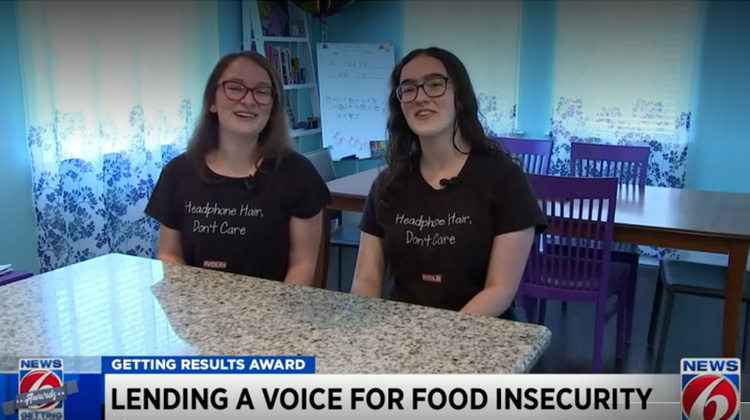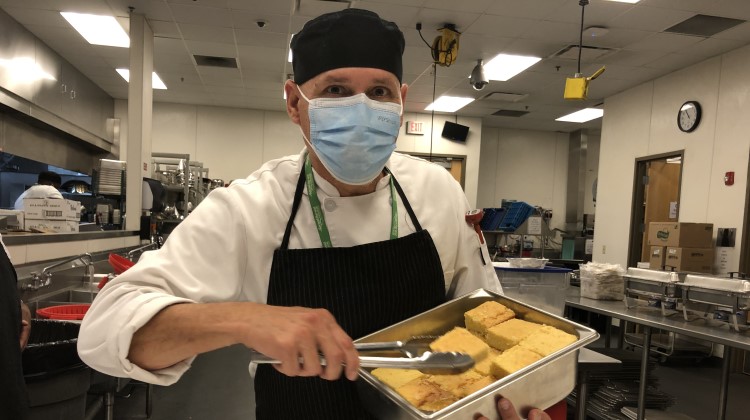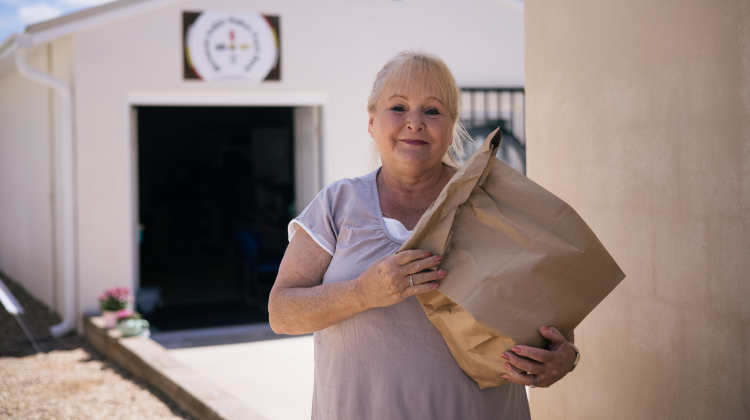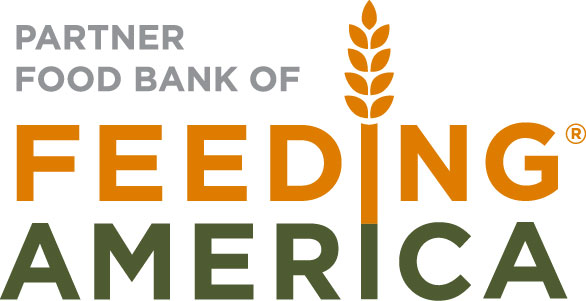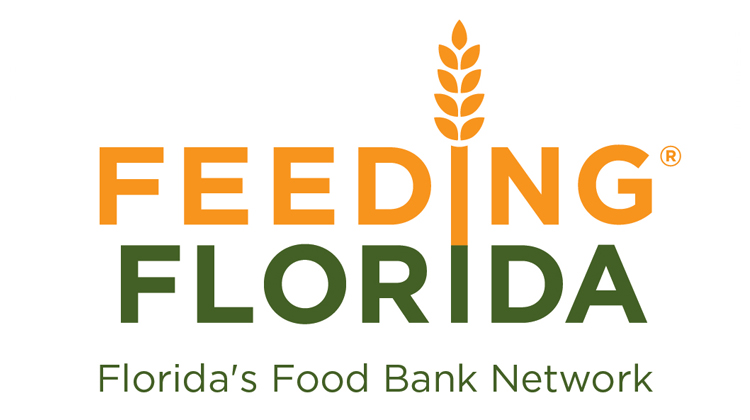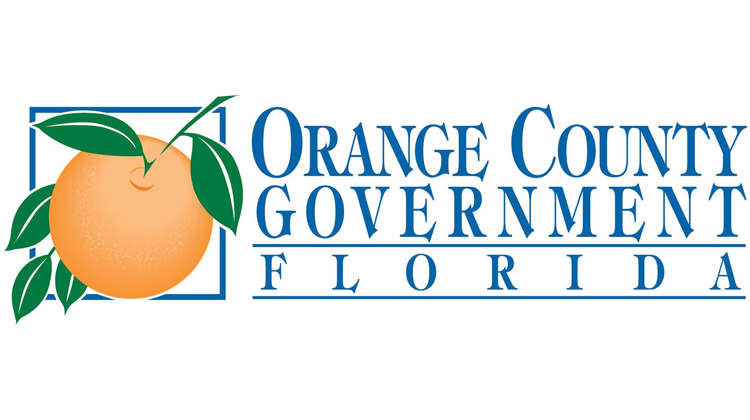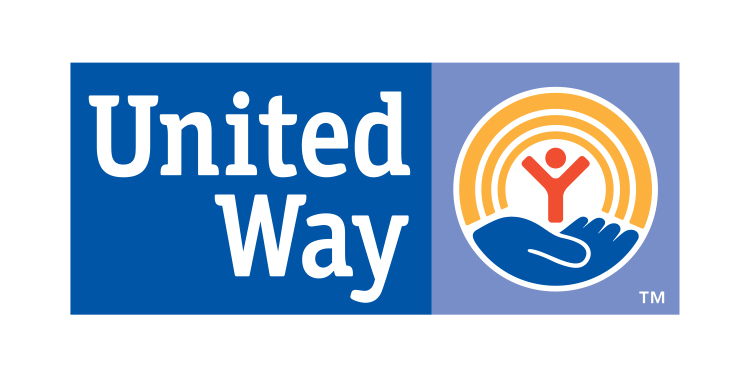Update: The U.S. House of Representatives passed the Health and Economic Recovery Omnibus Emergency Solutions Act, or the HEROES act on Friday. It contains the 15% increase for SNAP, the increase of SNAP benefits from $16 to $30, but only allocates $150 million for The Emergency Food Assistance Program, or TEFAP. We are advocating for an increase to $500 million for TEFAP storage and distribution and $500 million for TEFAP food purchases to help food banks across the country.
In the face of the COVID-19 pandemic, our neighbors in Central Florida are struggling against unprecedented hardships, including hunger. As schools remain closed, thousands of children are missing out on school meals — one of few sources of nutrition for far too many kids. Businesses are furloughing staff and laying off workers, leaving families without steady paychecks needed to afford essentials like groceries.
Second Harvest Food Bank of Central Florida, along with the entire Feeding America network of 200 member food banks and 60,000 partner pantries and meal programs, is working around the clock to help families in need keep food on the table. However, food banks cannot do this work alone. The only way to ensure no one goes hungry during, and after, the COVID-19 crisis is through both a strong charitable sector and deep government investment in federal nutrition programs, like the Supplemental Nutrition Assistance Program (SNAP).
While food banks, like Second Harvest, are doing what they do best — feeding people — they are struggling to help the thousands of people who are seeking food assistance right now, including families who are seeking help for the first time.
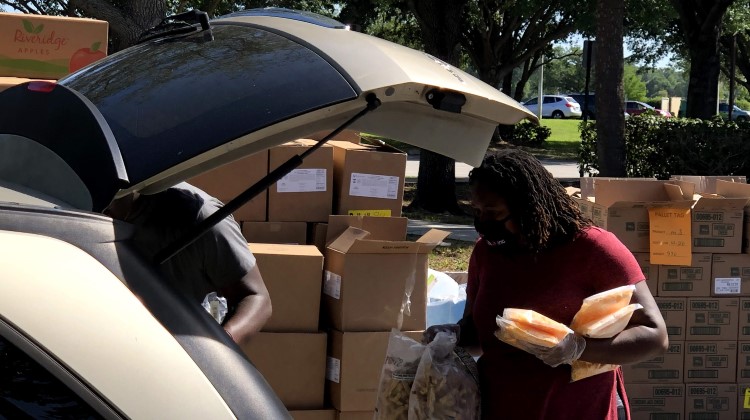
Central Floridians, like Jennifer, are receiving food assistance for the first time through the Second Harvest Food Bank feeding partner network. Jennifer worked in the catering and events industry until large gatherings of 10 or more people were prohibited to curb the spread of COVID-19. “I haven’t received my stimulus check yet and while I wait for that to come in I am very low on money.” Read more about Jennifer “Getting Help for the First Time“.
It is unreasonable to expect food banks to completely shoulder the task of feeding everyone during an unprecedented time of need. What would be a step in the right direction towards stemming the tide of increased demand for food assistance? Strengthening federal nutrition programs, including by expanding SNAP benefits.
Congress should increase SNAP benefits by 15 percent — similar to what was done following the Great Recession — to help feed families who are already and newly struggling with hunger. SNAP is proven to help safeguard the food security of people in times of need and its strength is unparalleled. In fact, for every meal food banks, like Second Harvest, provide to the community, SNAP provides the equivalent of 9 meals!
SNAP is not only an anti-hunger powerhouse: it is also a critical economic multiplier. When low-income families receive SNAP benefits to purchase groceries, those dollars are circulated within and stimulate local economies. As unemployment claims across the country continue to surge, it is likely that an economic downturn will follow the end of the present public health emergency. Increasing SNAP benefits will help make the program even more responsive to any economic downswing that is sure to follow. To that point, the Congressional Budget Office rated an increase in SNAP benefits as one of the most cost-effective ways to boost economic growth and create jobs in a weak economy.
In the midst of heightened hunger and impending economic distress, strengthening SNAP is a no-brainer. Congress and the administration have already passed legislation that includes some much-needed support. However, they need to do more to help our Central Florida neighbors in need. As Second Harvest Food Bank of Central Florida continues to struggle to meet the huge breadth of need for emergency food assistance, we call on our lawmakers to swiftly increase SNAP benefits by 15 percent in any upcoming COVID-19 relief legislation for the duration of the economic downturn. As our community continues to weather extraordinary circumstances, we need extraordinary help. More than ever, this means an increase in SNAP benefits for people facing hunger.


